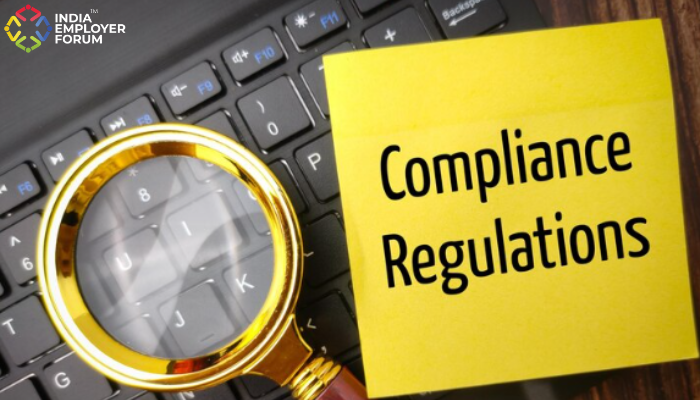“When passion is fueled by capital, innovation happens. If India has to become the start up capital of the world, it has to stop being its own worst enemy.”
While the government recognises the potential value addition through startups, these first-time entrepreneurs face a high compliance burden. For a startup working from a home office or shared space, within its first year, it needs to obtain registrations under at least seven regulators and file a minimum of 18 returns to a maximum of 69 returns. It is not enough to get an idea that has potential to scale – a young entrepreneur has to then convince investors and then work hard towards achieving the dream.
At this point of raising capital, the imposition of Angel Tax has been a thorn in the flesh since its introduction in 2012. While the government has been making modifications in the coverage of this tax over the years, the criteria with regard to exemptions became more complex and confusing. Many founders have said they have been asked to pay up as much as 30% of their funding as tax. Finally, on 23rd August 2019, the Finance Minister announced that Angel Tax would not be applicable for startups registered with the DPIIT (Department for Promotion of Industry and Internal Trade). India has a flourishing startup ecosystem and out of the estimated 50,000 startups, 22,726 are currently registered with DPIIT. Thankfully, the process of registering with DPIIT is online and seamless. Within a week of her announcement, a dedicated cell was set up at the Central Board of Direct Taxes (CBDT) for startups, which will allow startups to receive speedy resolution of any tax related issues.
You might also be interested to read: Guidelines to Build Trust Through Corporate Governance
For an ecosystem to work efficiently, startups and their investors should have an easy process to enter and to exit. Once the business operations are shut down, entities take over two years for closure – this involves taking no-objection certificates from all regulators and creditors, surrendering all registrations taken over the course of the operations, closing all bank accounts etc. A single window system that eases the closure process will make a world of difference. Remember that 90% of the startups face failure within the first five years, and one of the biggest reasons is the heavy regulatory cholesterol that bogs them down.
Angel investors also typically move on after a few years. To encourage capital flowing freely, there are two possible measures. Firstly, under current rules of long term capital gains tax, any gains from unlisted startup investments are taxed at the rate of 20%, while gains from listed equity investments are taxed at 10.0%. Creating a level playing field here, by reducing the tax on gains when exiting a startup investment, will encourage investors to take on the risk in the initial years of the start up. Secondly, the government can put in place an investor matching portal on StartupIndia Hub, that will connect an investor that seeks to exit with an investor who is looking for an attractive project to invest in. Often, an entrepreneur has to spend time and effort in finding a new investor when one wants to leave, and if this is facilitated through the portal, the entrepreneur can concentrate on the core business.
While framing policy and compliance, the government should keep in mind that this segment is particularly sensitive to regulatory uncertainty, lack of clarity and frequent changes. More moves towards ease of doing business will unleash innovation from young entrepreneurs.
Written by Rishi Agrawal
CEO at Avantis Regtech Pvt. Ltd




